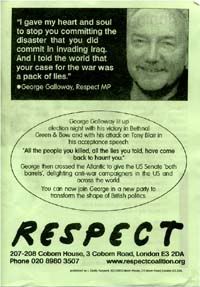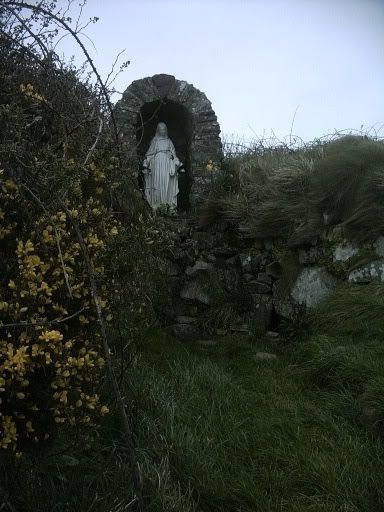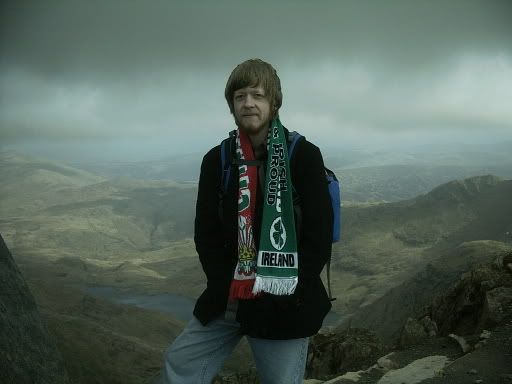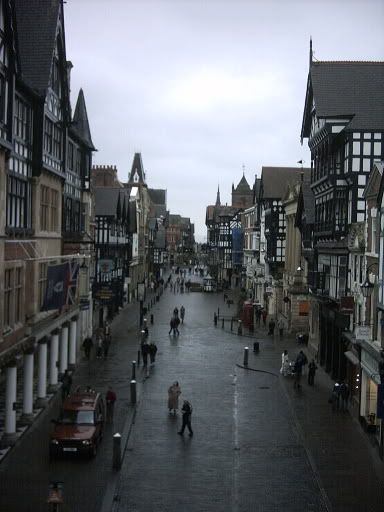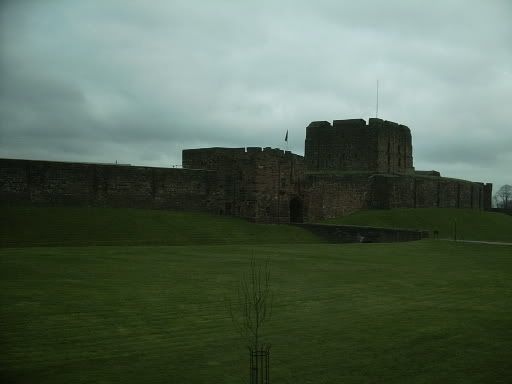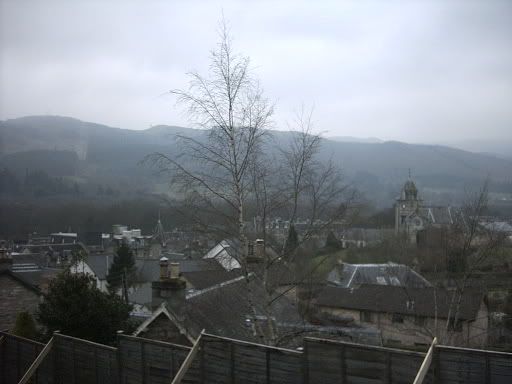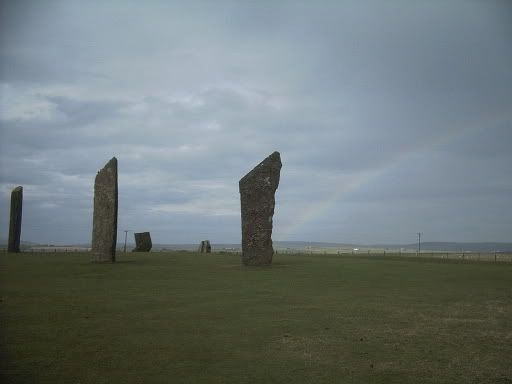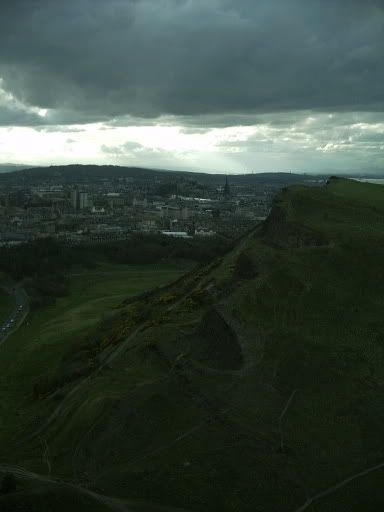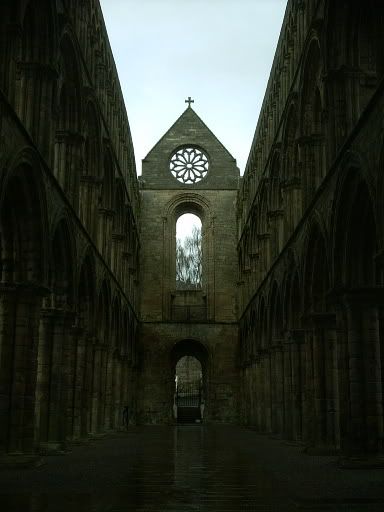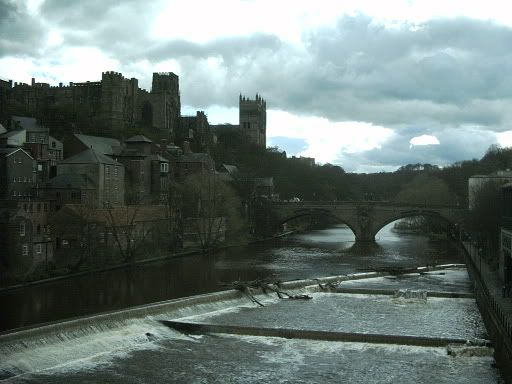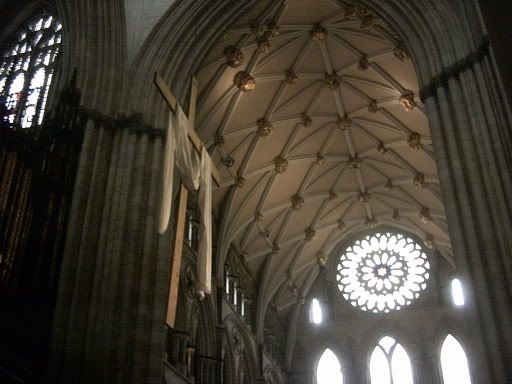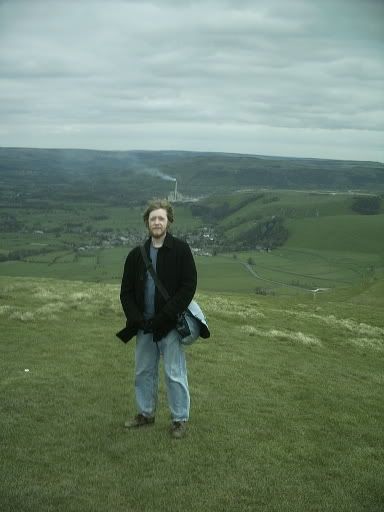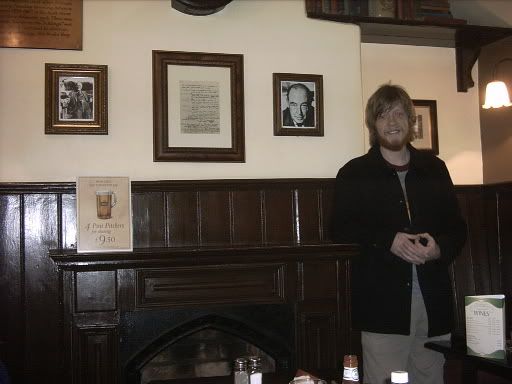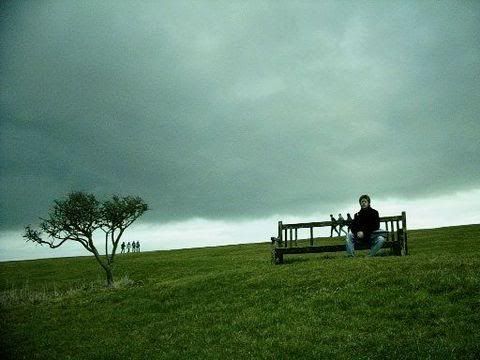Here's something I've been thinking a lot about lately. As far as I know, it's an original idea. The more I think about it though, the more obvious it seems, and the more I feel it likely that it's not a very unique idea. To my knowledge I, at least, have never heard it before, and certainly not in these terms.
Consider a kid who believes in Santa Claus. Since his earliest days he's been taught that a jolly fat man slides down the chimney of his home and delivers presents every Christmas Eve, after which he kicks back and eats the cookies and milk left by the kid. The kid wakes up: the cookies are gone, the presents are there, just like he had been told. He doesn't even consider any explanation other than the obvious. Everything fits, why should he?
The kid gets older though, and his reasoning capacities grow. He realizes he doesn't have a chimney. He realizes that the presents from Santa were wrapped in the same paper as the presents from Mom and Dad. He discards the illusion and embraces the truth, however reluctantly. He leads a long life, gets married, paints the house, goes to Europe, receives some parking tickets and dies, all without ever returning to his early naive belief in Santa Claus.
Now, take the same kid: even in the womb his parents told him the Christian story and asserted its truth to him. He was born again practically before he was born the first time. As a kid, he goes along with it. It all fits, why should he do otherwise? Besides, memorizing Bible verses equals candy. He gets older though, and realizes that not everyone believes what he believes. Later on, he hears that it's foolish wishful thinking to continue to believe as he has since his birth. He reads something about how God is dead and if you don't think so you must be smoking the opium of the people, or something. So he investigates - what is the truth? The question proves much more complex than his earlier Santa Claus question.
Both of these are familiar stories. Many of us no doubt recognize them from our own lives. Whether it's the fat man in the red suit, or Jesus Christ, or something else, everyone knows what it's like to challenge one's own beliefs, especially during the rapid expansion of our reasoning capacity that occurs primarily during adolescence.
I would propose to apply this template, so universal in the case of individuals, to Christianity as a whole. Think of the early church. How did Christianity spread so quickly? Most people didn't need to weigh the evidence against their skepticism, or worry about whether they were engaging in wishful thinking. Some did I'm sure, but for the most part, they simply heard the Good News, were amazed, and believed. Just like our kid with Santa Claus.
And just like our kid's silly belief in Santa Claus, many beliefs of early church sects are silly in the light of modern theology -- things like Arianism and monophysitism, or attempts to combine Roman paganism with Christianity. There are many other examples, some of which are still seen as valid in some parts of the world. The age of reason, though, has been a long process of using our God-given faculty of reason to apply our growing knowledge of the world to our lives and our societies. In the course of this progress, scientific discoveries have challenged some things we believed. But with the work of great Christians like Augustine, Aquinas, Luther, Calvin and Lewis, working in tandem with the development of scientific knowledge, our understanding of Christianity has grown
with (not "despite," as some would have it) our understanding of the world.
The kid did the same thing. He applied his growing knowledge of the world and how it works to his belief in Christianity. He saw possible contradictions, and continually tested his faith by always asking, "How does this affect what I believe?" A kid raised by atheistic materialism would apply the same tests to his faith in that belief. So when the kid becomes a man, what does he do? At this point we can no longer speak in universal language - paths sadly diverge. Some faiths are strengthened by the test and others are broken.
That time of testing during the adolescent years is the crucial point, and I would like to suggest that it is that point of the narrative which we have reached so far. We are in the deepest throes of Christendom's adolescence. When Nietzsche so infamously spouted that "God is dead," he meant (to put it simply) that belief in God is dead -- it was all the same to him. Anyone with even limited knowledge of the world today, however, can see that he was
dead wrong. The once-accepted narrative in which Christianity is made an anachronism while being replaced by stark materialism is now itself an anachronism. (In
some parts of the world this narrative might seem like reality, but a look at Christianity around the globe is reassuring - the Church is alive.) I believe that Nietzsche and others who thought they were seeing the end of religion were quite off the mark. Christianity is not dying. Far from it -- it is growing up.
Part 2 of this post will come... later. So um, stay tuned.
